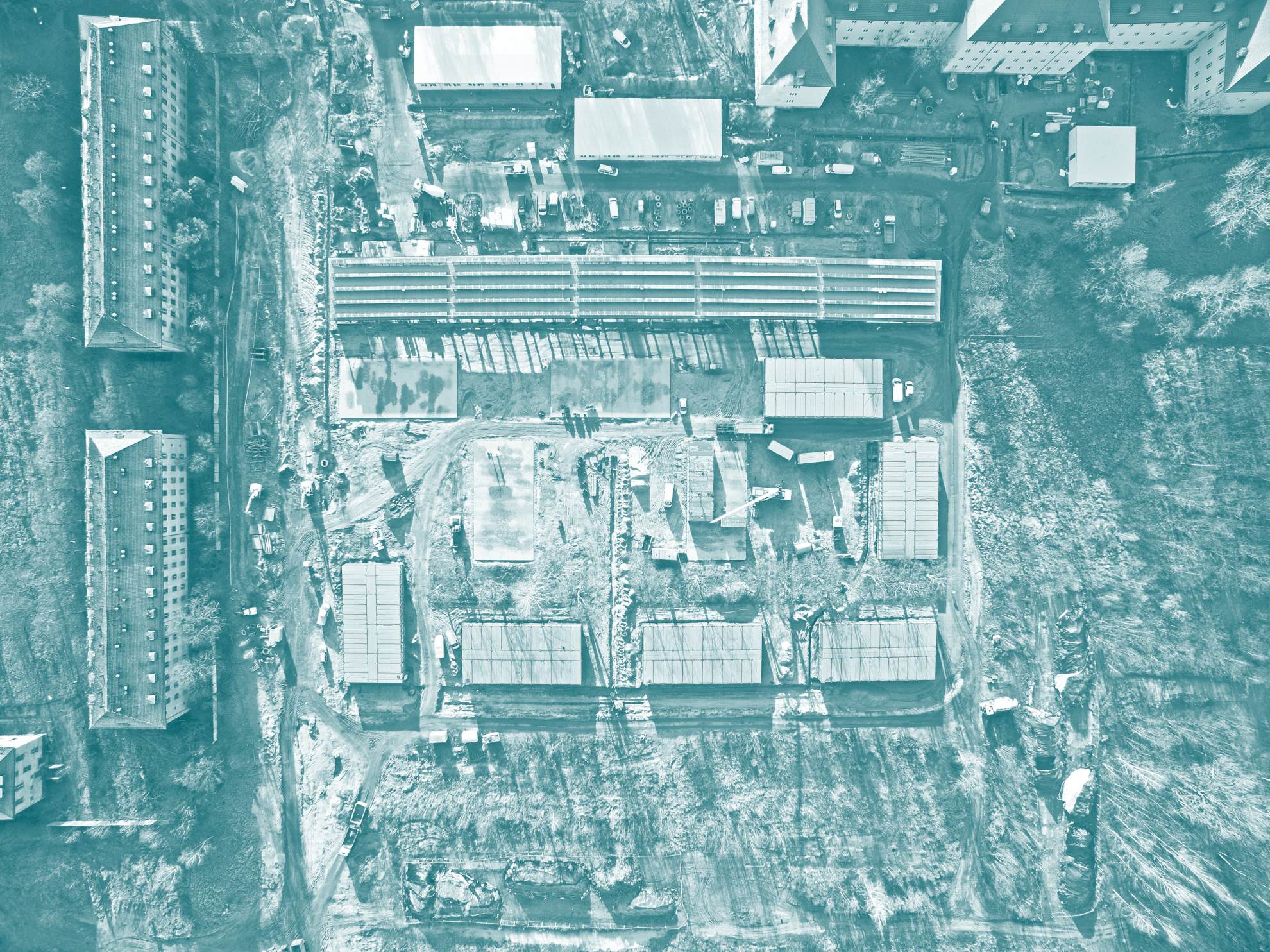18 June 2021 14:20 Post/Colonial Place-Making
Confounding Decolonizing “Etiquettes” and Reusing Colonial-Era Historic Buildings for Contemporary Art in the Global East: Cases from Hong Kong and Shanghai
Ying Zhou (University of Hong Kong)
The recent spate of reckoning with colonial legacies, and the social inequities perpetuated by power structures and injustices, took a global turn in recent decades that has been magnified by the Black Lives Matter movements. Material manifestation of these legacies, from sculptures to architectural monuments, are toppled just as these power structures are contested. Yet, despite the global reach of this reckoning, developing political economies in the Global East have largely ignored these modes of interrogation. With rapid economic growth and an immense rise in living standards within less than a single generation, colonial legacies are not spurned but popularly regarded as the source of progress and prosperity. In Shanghai, colonial-era global linkages were appropriated to jump-start economic liberalization in the 1990s after decades of a closed planned economy. Historic buildings such as those on the Bund have come to symbolize both colonial-era prosperity and their revival through their contemporary reuse. In Hong Kong, where the end of colonialism in 1997 did not result in independence, colonial-era constructions are not only regarded for their rarity in a prevalently demolition-driven urbanism, but have come to be embraced, representing amongst other things the rule of law. This paper will unpack two specific architectural cases that reuse colonial-era buildings for contemporary visual art to show the drivers, actors, and processes that confound the prevalent decolonizing “etiquettes”. The former Central Police Station compound in Hong Kong, which has been converted into an arts and heritage hub known as Tai Kwun, and the redevelopment of the block around the former Royal Asiatic Society in Shanghai, which has been converted into the Rockbund Art Museum, are the two zoom-ins used to dissect and clarify the nuances embedded, notably in their contemporary reuse for contemporary art, as hubs of the recirculation of global flows.
Ying Zhou is an architect and assistant professor in the Department of Architecture at the University of Hong Kong (HKU). In her recent book, Urban Loopholes: Creative Alliances of Spatial Production in Shanghai’s City Center (Birkhäuser, 2017), she unpacked the mechanisms of urban spatial production that facilitated rapid reglobalization in the transition economy of the Chinese city, including marketization, gentrification with Chinese characteristics, heritageization, and creative city promotion, amongst others. Her current research looks at the rapidly evolving spaces for contemporary visual art in the cities of Shanghai, Hong Kong, and Singapore and the specificities of such developments between global aspirations and place-specific institutional frameworks, and historic and colonial legacies. She has published in Critical Planning, Urban China, Monu, Frieze, LEAP, among other journals, and her works have exhibited at the Shenzhen/HK Biennale, Rotterdam Biennale, Haus der Kunst in Munich, the Swiss Architecture Museum in Basel, amongst others. Born in Shanghai, Ying holds a BSE from Princeton, a M.Arch from the Graduate School of Design at Harvard, and a PhD from the ETH Zurich.
